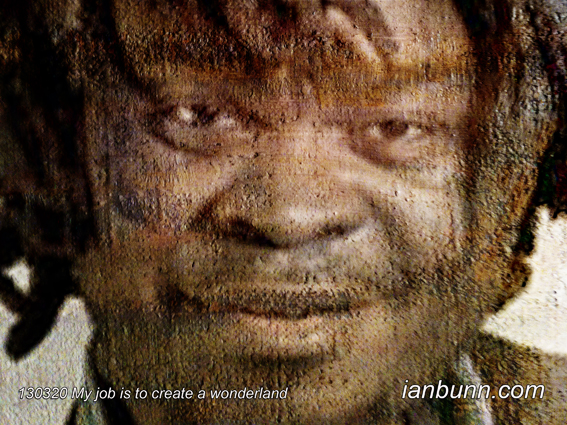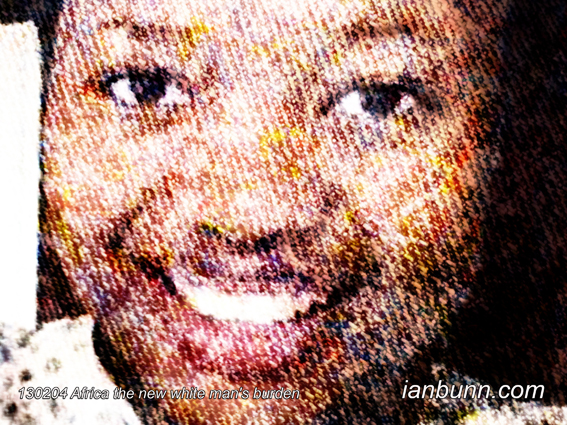 Tsunami of diseases waiting to hit (March 21 2013)
Tsunami of diseases waiting to hit (March 21 2013)
Jeffrey L Sturchio the American Senior Partner at Rabin Martin and former CEO of the Global Health Council, the world’s largest membership alliance of public health organizations and professionals in more than 140 countries dedicated to saving lives by improving health throughout the world, has been featured in an article by Isolda Agazzi on the IPS News Service titled ‘Tsunami of Diseases Waiting to Hit’ stating “A tsunami is looming on the horizon and the world is unprepared for it. This one won’t be a massive wall of water but a tidal wave of disease – and experts say the international community needs to act fast to keep it from crashing. “Non-communicable diseases (NCDs) – cancer, heart disease, diabetes and chronic respiratory diseases, among others – have become the leading cause of death worldwide,” Jeffrey Sturchio … told a conference… “Some 36 million people die from (NCDs) every year, 80 percent of them in low and middle income countries – a figure that will increase by 17 percent in the coming years and by 25 percent in Africa,” he added. Tuberculosis and malaria, in comparison, kill one to two million people around the world every year.“The disease burden is shifting to NCDs, but since developing countries still have to fight infectious diseases, they face a double burden,” Sturchio warned. However, developing countries do not appear to be paying adequate attention to the impending crisis. …financial resources are stretched thin, and it is unlikely that the funds needed to launch a massive global campaign will be readily available. “The reality is that in the last 20 years, tens of billions of dollars in official development assistance have gone to developing countries, mainly (to fight) HIV/AIDS, and it is unrealistic to think that the same will happen again, It will therefore be necessary to capitalise on existing investments and reallocate some of the resources already in circulation” he said.”
Inspired by Isolda Agazzi, IPS News Service ow.ly/in8m3 Image source Global Health TV ow.ly/in8iJ

